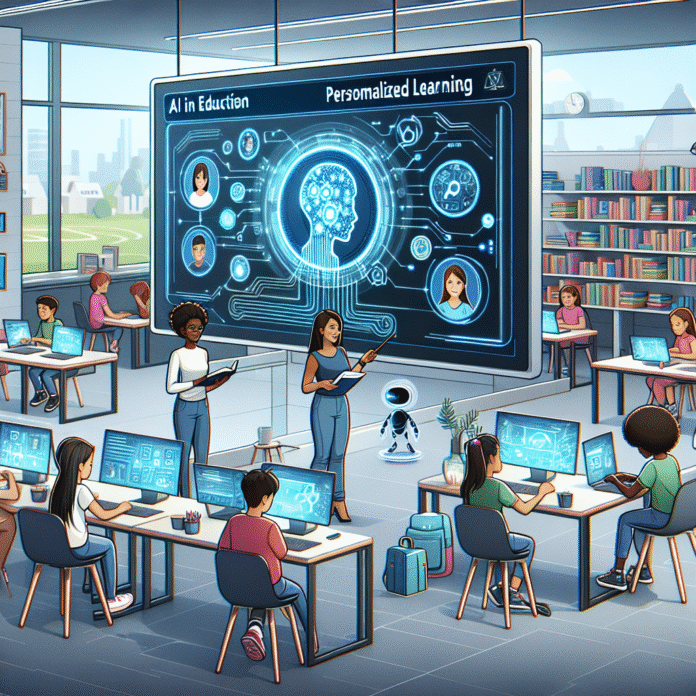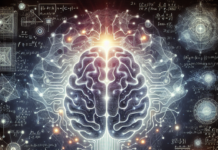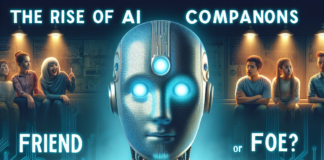AI in Education: Personalized Learning for the 21st Century
In the rapidly evolving landscape of education, Artificial Intelligence (AI) is becoming a pivotal force in shaping personalized learning experiences. By leveraging data and technology, AI can cater to individual student needs, helping to foster a more engaging and effective learning environment.
The Need for Personalized Learning
Traditional educational methods often adopt a one-size-fits-all approach, which doesn’t account for the diverse learning styles, paces, and preferences of students. Personalized learning seeks to change this by providing tailored educational experiences. AI plays a crucial role in facilitating this transformation.
How AI Facilitates Personalized Learning
AI technologies can analyze vast amounts of data to gain insights into student performance, learning preferences, and areas of difficulty. Here are some key ways AI is empowering personalized learning:
-
- Adaptive Learning Platforms: These platforms adjust the content and pace according to each student’s progress, ensuring they remain engaged and challenged.
-
- Intelligent Tutoring Systems: AI-powered tutors can provide personalized feedback and additional resources when students struggle with specific concepts.
-
- Data-Driven Insights: Educators can leverage AI analytics to understand trends and make informed decisions about teaching strategies and interventions.
-
- Customization of Curriculum: AI can help in creating customized learning paths, offering resources that align with the interests and goals of each student.
Benefits of AI in Education
Integrating AI into education not only enhances the teaching and learning process but also brings several benefits:
-
- Increased Engagement: Tailored content keeps students more interested and motivated in their studies.
-
- Improved Outcomes: Personalized learning can lead to better academic performance, as students receive support tailored to their specific needs.
-
- Accessibility: AI tools can make education more accessible for students with disabilities, offering alternative formats and learning methods.
-
- Teacher Support: AI alleviates administrative burdens on teachers, allowing them to focus more on instructional quality and student interaction.
Challenges and Considerations
While the benefits of AI in education are promising, several challenges must be addressed:
-
- Data Privacy: The collection and analysis of student data raise concerns about confidentiality and security.
-
- Equity of Access: There is a risk that not all students will have equal access to AI-powered tools and resources.
-
- Teacher Training: Educators need adequate training and support to effectively integrate AI into their teaching practices.
The Future of AI in Education
As we advance further into the 21st century, the role of AI in education is likely to expand. Innovations in machine learning and natural language processing will continue to shape personalized learning experiences, making education more student-centered than ever before. It is crucial for stakeholders in the education sector to collaborate in addressing the challenges and seizing the opportunities AI presents.
AI holds the potential to revolutionize education through personalized learning, making it a powerful tool for empowering students to reach their fullest potential.







